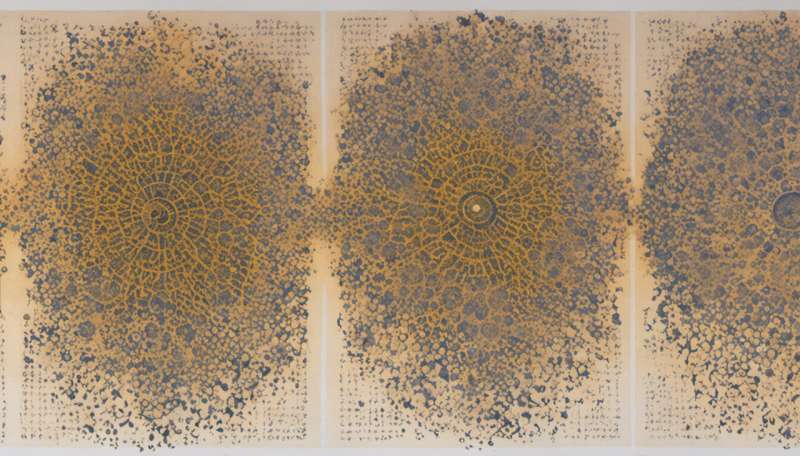Removing author fees can help open access journals make research available to everyone

Open access (OA) journals are academic, peer-reviewed journals that are free and available for anyone to read without paying subscription fees. To make up for lost subscription revenue, many journals instead charge author fees to researchers who wish to publish in them. These fees can reach , paid out of publicly funded research grants.
This costs , and lines the pockets of major publishers . However, , proving that publishing in open access journals doesn't have to be this expensive.
I work as an academic librarian at McGill University, serving as an on-campus expert on open access publishing. According to , Canada is home to . This is important, as author fees serve as a .
Cost of publishing
Typical costs of publishing an academic journal include salaries for copy editors, typesetters and translators, and fees for technical infrastructure such as web hosting and submission systems. There are also costs associated with running non-OA journals, such as managing paywalls, subscription payment systems and salaries for sales personnel.
Publishing a journal requires money, . Author fees are disproportionate with publishing costs, and , and .
In this environment, . It also means that open access publishing privileges a .
A case study
McGill University Library supports a no-fee, OA science journal called , which publishes peer-reviewed research in seismology and earthquake science. Seismica represents an alternative to rising author fees, such as .
A community of nearly 50 researchers and international scientists make up . McGill Library covers the technical costs for Seismica, including , preservation, web hosting and management of the manuscript submission platform.
Volunteer labor provided by the Seismica team handles the journal's operations: soliciting reviewers, reviewing submissions and publishing accepted manuscripts. The journal is also responsible for creating its own author guidelines, updating its website and promoting itself. Seismica provides authors with preformatted templates to reduce time spent on layout and production.
McGill Library is one of many Canadian libraries supporting journals in this manner. Of the nearly 300, no-fee OA Canadian journals we researched, 90% were supported in some way by academic libraries.
Community value
Journals aren't simply about publishing papers; to be successful, they must be recognized and valued by the community. At Seismica, significant effort and resources have gone into . In a , launching a new journal isn't enough—it must be valued and respond to its community's needs in order to attract submissions.
Editors and peer reviewers contribute their time to journals as a . Some researchers and editors are dissatisfied with providing volunteer labor to publishing companies producing millions of dollars in profits. No-fee, scholar-led journals provide an attractive alternative; this has certainly been a .
Elsevier is raking in massive, excess profit on the backs of free academic labor. I will not review for Elsevier until they come to a deal with the University of California.
— Dr. Leah Stokes (@leahstokes)
Seismica is unique as a no-fee, OA science journal. Our research identified that . This is also true globally. One study found that humanities and social sciences journals represented , compared to 22% in science and 17% in medicine.
Furthermore, science and medicine journals make up the majority of fee-charging, OA journals. This is likely because these journals were early adopters of the author-fee model; researchers publishing in them also had larger grants available to pay these fees.
Future publishing models
As author fees charged by the , libraries, universities and funding agencies should encourage alternative publishing models. No-fee, OA journals can serve this need, but can be and require .
Canada, for example, has a , but no such grant exists at the federal level for science and medical journals. Canada has also been a leader in launching a .
The focus here, too, has been on arts and humanities and social sciences. Canadian libraries, universities, funding agencies and nonprofit publishers should continue working together to ensure a sustainable, affordable publishing system for all disciplines.
Author fees limit affordable open access for researchers, particularly those without grant funding. Supporting no-fee OA journals is one way forward.
Journal information: Nature
Provided by The Conversation
This article is republished from under a Creative Commons license. Read the .![]()





















